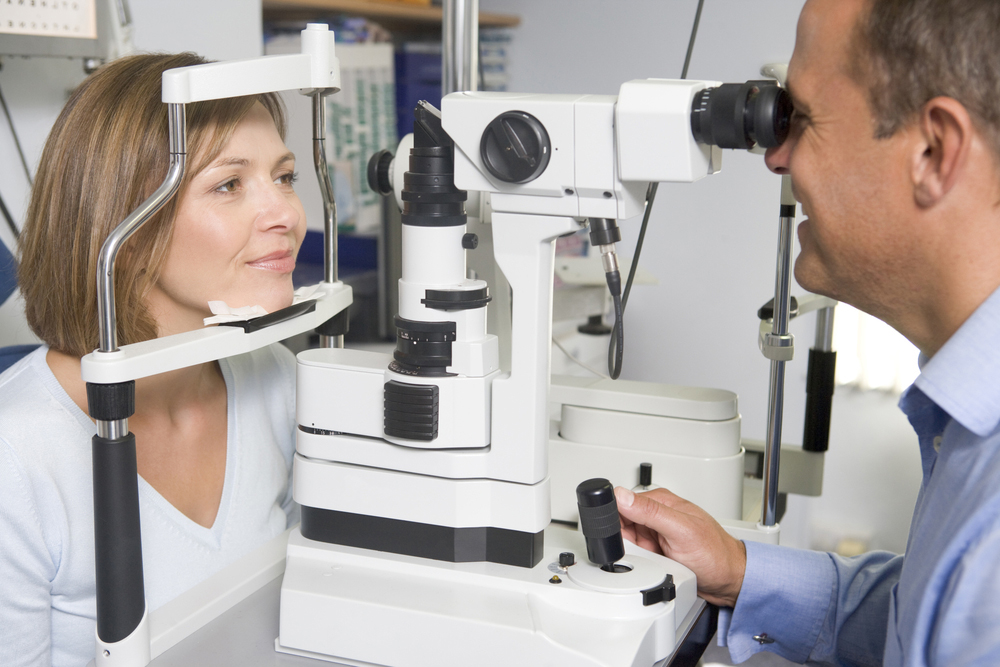What is Macular Edema?
Submitted by Elman Retina Group on August 15, 2017
In the middle of your retina is the macula, a thin film of light-sensitive tissues lining the back of the eye. Without the macula assisting the retina in transmitting visual signals to the brain, you would be unable to read, drive or recognize familiar faces. The macular depends heavily on the condition of the retina to continue functioning properly, especially relying on retinal blood vessels for maintaining macular health. If blood vessels crisscrossing the retina start leaking fluids due to an ocular or systemic disease, the macula will swell, or become edematous. Unless reduced, swelling of the macula may cause mild to severe vision impairment.

Causes of Macular Edema
- Diabetic Retinopathy – The most common cause of macular edema is diabetic retinopathy, a disease affecting ocular blood vessels of diabetics. When blood glucose is too high, blood vessels in the eyes may weaken and burst. In addition, the body tries to make up for lost blood vessels by forming new ones too rapidly. These new blood vessels are unhealthy and burst within hours of forming, producing continuous fluid leakage into the retina.
- Cataract Surgery – Cataract and other types of eye surgery may increase the risk of macular edema when blood vessels become irritated, weaken and leak fluids. Cystoid macular edema is the name for macular edema caused by cataract surgery.
Underlying diseases producing macular edema include age-related macular degeneration, medication side effects, inflammation of the uvea (uveitis) and retinal vein occlusion (blockage of a vein that returns blood from the retina back to the heart).
Symptoms of Macular Edema
Early stage macular edema is usually painless and asymptomatic. When many blood vessels start leaking simultaneously, your vision could get blurry and your central vision may become distorted or wavy. Colors may not seem as bright as well, or appear cloudy and washed out. People with signs of macular edema often think they have cataracts or a worsening refractive error. Only your eye doctor can examine the back of your eye with special ophthalmological devices to determine if your macula is swelled.
Contact Our Local Optometrist in Baltimore, MD today!
Premier Retina Care provides diagnosis and treatment services for macular edema. Request an appointment today by contacting us at (410) 686-3000.



